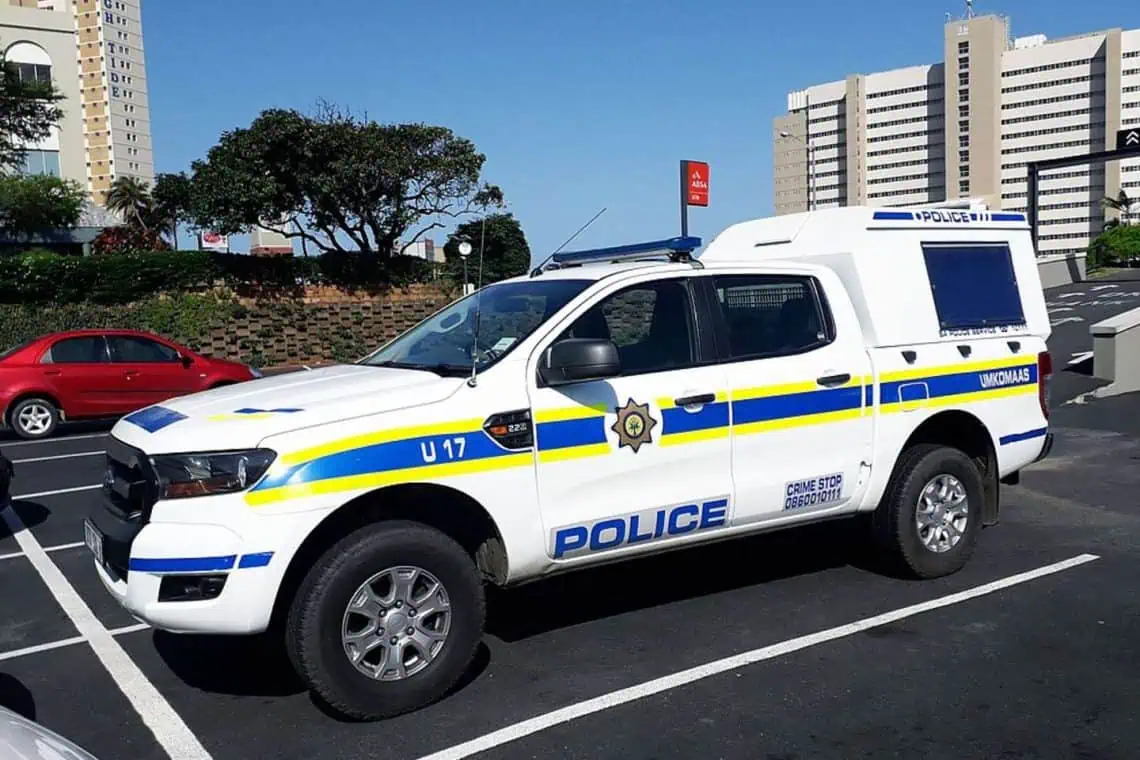KwaZulu-Natal’s top cop, Lt-Gen Nhlanhla Mkhwanazi, has filed a R5 million defamation lawsuit against veteran forensic investigator Paul O’Sullivan. The dispute stems from O’Sullivan’s public claims of corruption, including the jab that Mkhwanazi is “no knight in shining armour.” The case raises pressing questions about free speech, accountability, and the fight against corruption in South Africa’s police force.
Who is Lt-Gen Nhlanhla Mkhwanazi?
Appointed KZN Provincial Commissioner in 2022, Mkhwanazi is known for his tough stance against organized crime, gang violence, and taxi warfare. His aggressive leadership style has won praise for reducing certain crime stats but has also sparked criticism for alleged heavy-handedness. Now, his reputation is on the line as he seeks to defend himself against O’Sullivan’s allegations.
Paul O’Sullivan: Whistleblower or Provocateur?
Paul O’Sullivan has built his career exposing high-level corruption, often clashing with powerful figures in politics, business, and law enforcement. Lauded by anti-corruption activists and criticized by detractors as a publicity-seeker, he remains one of South Africa’s most controversial investigators. In this case, he accused Mkhwanazi of being linked to corrupt networks and undermining police integrity in KZN.
The Defamation Case: Claims and Counterclaims
According to court filings in Pietermaritzburg, O’Sullivan alleged that Mkhwanazi was involved in shady police procurement and protection rackets. The “no knight in shining armour” remark implied his public image as a crime-fighter was false. Mkhwanazi argues these claims are malicious and damaging, demanding R5 million in compensation for reputational harm. O’Sullivan counters that his comments are protected speech in the public interest. Legal experts suggest the case could set important precedents for whistleblower protections.
Background: Policing Under Scrutiny in KZN
The lawsuit comes amid ongoing probes into corruption within the KZN police. The Independent Police Investigative Directorate (IPID) and Auditor-General reports have flagged misconduct and financial irregularities. While Mkhwanazi was tasked with cleaning up the force, critics say his department remains compromised. Social media debate under #MkhwanaziOSullivan reflects the split: some view the lawsuit as a defense against “witch hunts,” while others see it as an attempt to silence a whistleblower.
Implications for South Africa’s Justice System
The outcome could have national significance. A win for Mkhwanazi might deter critics from speaking out against police leadership, while a victory for O’Sullivan could embolden whistleblowers. With surveys showing only 40% of South Africans trust the police to tackle corruption, the case highlights the fragile balance between defamation laws and freedom of expression in a democracy still grappling with accountability.
Conclusion
The R5 million battle between Lt-Gen Nhlanhla Mkhwanazi and Paul O’Sullivan is more than a personal feud—it’s a test of transparency and accountability in South Africa’s law enforcement. As proceedings unfold in Pietermaritzburg, the case could reshape how corruption is challenged and defended in one of the country’s most embattled provinces.
